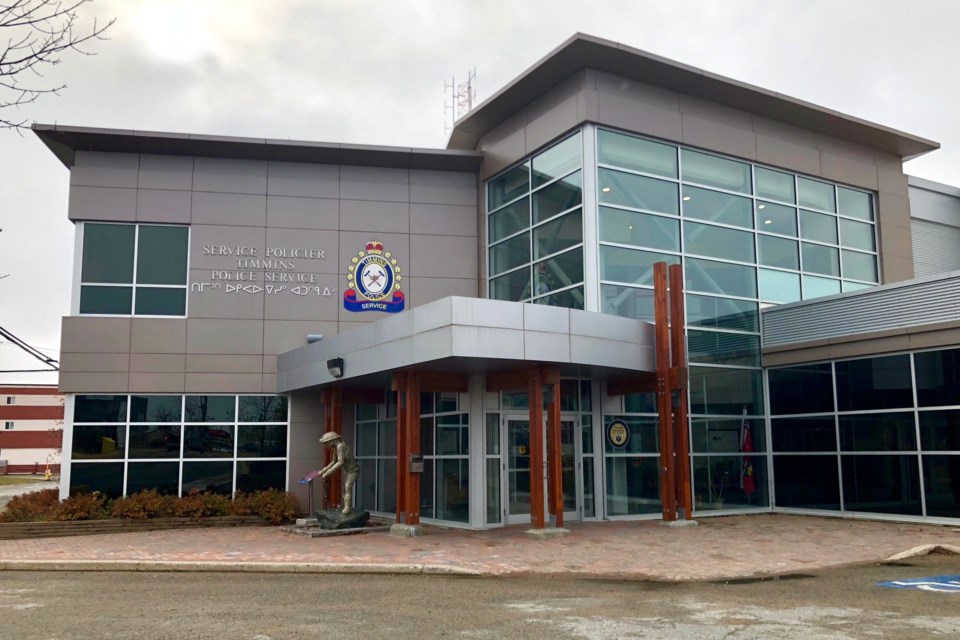With recreational marijuana being legalized next month, Timmins Police leadership is confident the service is ready for the changes.
Federal legislation will legalize and regulate recreational cannabis Oct. 17. Rules on penalties, where it can be sold, how much can be possessed, cultivation, and more, will be decided by the province.
“I certainly feel confident that with the training the members are going to be receiving, we have a fairly good understanding of where we need to go with this new legislation coming,” Timmins Police Chief John Gauthier told the police services board this week.
“It’s trying to work with the province, getting as much information as we can in terms of enforcement of the day-to-day stuff; you know, simple possession, being over the 30 grams of dried marijuana in your pocket, consuming in public – that type of thing.”
While he noted they aren’t “100 per cent comfortable” yet, he said they’ve “at least started that ball rolling and we feel confident.”
In Ontario on Oct. 17, people will be able to buy cannabis and related products online through the Ontario Cannabis Store. There are also plans for private retail models in 2019.
Similar to liquor, there will be rules for where marijuana can be consumed. Although, it will differ depending on whether someone has a medical marijuana licence.
For example, Gauthier said if somebody is walking down the street smoking a marijuana joint, it will be prohibited. For someone with a licence, however, it will be allowed.
The challenge for police after receiving calls about somebody smoking marijuana on the street, he said, “is going to be to determine whether or not the approach is going to be made.”
Police are also waiting to find out what the penalties for offenders will be.
“We don’t know a set fine right now as it stands for smoking marijuana in a public place. It’s not quite there. We’ve been told that we will get a schedule of set fines before Oct. 17,” said Gauthier.
Timmins Police officers are completing online training for the federal Cannabis Act and will do the same for the Ontario cannabis act once it’s available.
Insp. Darren Dinel said some officers have also taken the standard field sobriety testing course.
That means if a uniformed officer, for example, suspects that a driver is impaired, an officer with more training can be called.
“They can do some tests and some field sobriety testing to see if they’re getting to the threshold where they should be arrested at that point and then they can proceed from there,” he said.
Dinel said more than 19 officers are getting the training, and it’s not specific to one unit.
“We’re trying to have a number on each and every shift, so if somebody’s away on vacation that there’s always somebody here filling in those positions,” he explained.
“We also have an officer that’s identified that’s going on a drug-recognition expert’s course that he’ll be allowed to do other evaluations and provide evidence whether somebody was impaired by a drug or not,” said Dinel.
For screening devices, there is a tool available for testing oral fluids, which Dinel says would test positive or negative for THC.
“At this point we don’t have it,” he said, adding that it’s only a tool.
“Because we don’t have it doesn’t mean that … we can’t gather the evidence for impaired driving. It doesn’t mean that we can’t lay the charges or anything. It is a tool that assists us in doing our job. However, it’s not the end all and be all by any means. We can deal with things as we see fit and we’ll just have to work through other avenues, other investigative steps to try and get there, but it’s definitely a tool that we are looking at now because it may provide valuable evidence for us in the future.”



